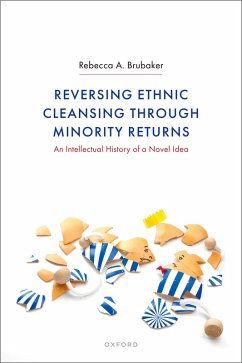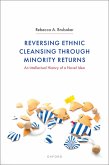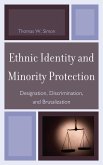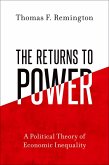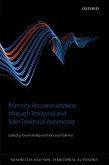Ethnic conflict is not new. Nor are international attempts to prevent or contain it.
Reversing Ethnic Cleansing through Minority Returns examines whether and how ethnic, religious, and political minorities should be returned and reintegrated after conflict. Its main focus is the unprecedented international attempt to 're-mix' ethnic groups in Bosnia, following the war. The book scrutinizes the puzzle of why states and international organizations pursued a re-mixing policy in response to ethnic cleansing in Bosnia. There were multiple policy alternatives on the table at the start of the conflict. Compared to these, re-mixing was an unlikely choice: politically, it was risky; locally, it was unpopular; financially, it was expensive; and practically, it ultimately failed. Yet Washington and the United Nations chose to prioritize re-mixing nonetheless, justifying their choice on the grounds that it was essential for 'reversing' ethnic cleansing and thereby re-establishing a multi-ethnic Bosnia. More generally, this book offers insights into how refugee return policies emerge, evolve, and solidify in a European context. In doing so, it contributes to a better understanding of how normative discourses transform into policy as well as offers policy recommendations for approaching the challenge of facilitating returns and reintegration following a war's end. Understanding how and why such "unintended norm diffusion" emerged is a crucial addition to the historical record and provides an important correction to the lessons normally drawn from this precedent-breaking case.
Dieser Download kann aus rechtlichen Gründen nur mit Rechnungsadresse in A, B, BG, CY, CZ, D, DK, EW, E, FIN, F, GR, HR, H, IRL, I, LT, L, LR, M, NL, PL, P, R, S, SLO, SK ausgeliefert werden.

